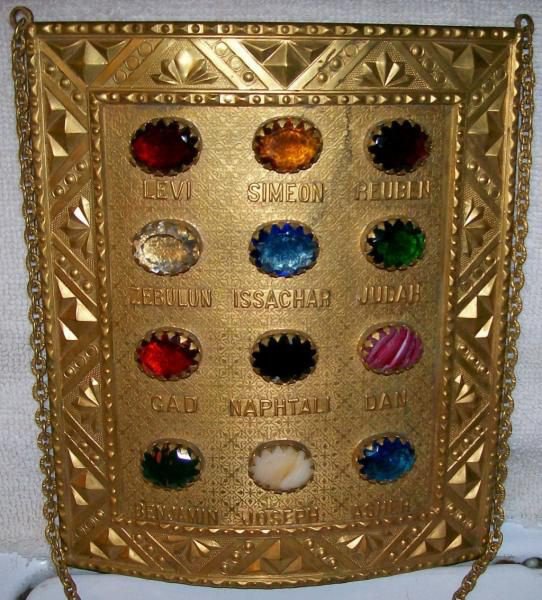
The Hebrew word Da'at (דַּעַת) or Daith means "knowledge" and or "wisdom".
"Ask, and it shall be given you; seek, and ye shall find; knock, and it shall be opened unto you: For every one that asketh receiveth; and he that seeketh findeth; and to him that knocketh it shall be opened." - Matthew 7:7-8
Elevate your wardrobe with pieces that speak to your beliefs.

"I, wisdom was with God when he began his work. This was before he made anything else long ago. I was appointed in the very beginning, even before the world began. I began before there were oceans. Proverbs 8:22

Explore our unique clothing colors, each symbolizing one of the 12 tribes of Israel gemstones
All praise, honor and glory to the God of Abraaham, Isaac, and Jacob!
Our Conception
In the Bible, the Hebrew word da'at (דַּעַת) generally refers to knowledge or understanding. However, when it is used in the context of a relationship with God, it takes on a deeper, more intimate meaning. It implies a kind of knowledge that is not just intellectual or factual, but relational and experiential.
For example, in Genesis 18:19, where God says, "For I have chosen him [Abraham], that he may command his children and his household after him to keep the way of the Lord by doing righteousness and justice, so that the Lord may bring to Abraham what he has promised him." The phrase "I know him" (in Hebrew, ki yadati oto) carries a connotation of personal acquaintance and deep relational understanding. It suggests that God's knowledge of Abraham goes beyond simply knowing about him—it implies a close, covenantal relationship, marked by trust, communication, and obedience.
In this sense, da'at reflects a profound connection, not just intellectual recognition. It's a knowledge based on personal experience and mutual engagement. The idea of God "knowing" someone, particularly in reference to figures like Abraham, implies a special kind of relationship in which God is intimately involved with the person’s life and actions.
This understanding of da'at appears in other biblical passages as well, such as in the famous description of Adam and Eve in Genesis 4:1, where it says, "Now Adam knew (yada) Eve his wife," meaning more than just knowing in an intellectual sense—there is a deep, personal, and intimate knowing involved, which is symbolic of the closeness God desires with His followers.